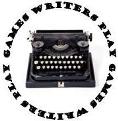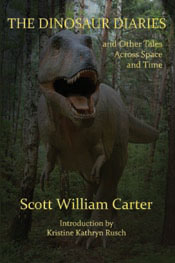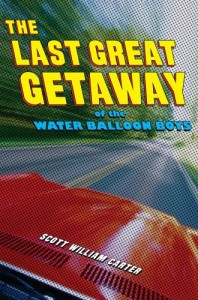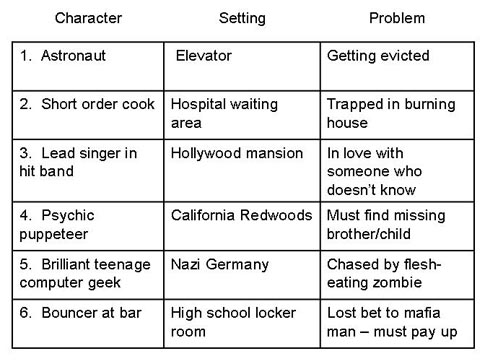 If you’re like me, there’s times when you sit down at the keyboard and every idea that comes to you seems hackneyed. The well has run dry. You can’t seem to think of an original idea.
If you’re like me, there’s times when you sit down at the keyboard and every idea that comes to you seems hackneyed. The well has run dry. You can’t seem to think of an original idea.
Well, therein lies the problem, this tendency that writers have that everything must be original, and that everything they write should be autographed and framed on the wall. Sometimes you have to plow through thousands of words of practice before the original idea — the one that really gets you excited — emerges.
Here’s a technique I’ve used all the time just to get the fingers moving: Set your countdown timer to five minutes and write as many words as you can in that time. Don’t stop. Don’t judge. Just keep typing until the timer goes off. Then add up the words. If you like this technique, keep a running total of how many words you’ve written at each session. *
Now, you might be thinking, well, I could just type random words, but I dare you to try it. Our minds actually want to create order out of chaos. You might be surprised at where your typing takes you. If you’re pushing yourself to write fast — remember, don’t judge, just keeping pushing, the focus is on the number of words and not on the quality — you’re out-racing the critical side of your brain, the side that censors things for being “too weird.” But when I’ve used this technique, often those “too weird” ideas are the ones I’ve been able to turn into something I had a blast writing — and usually sold too.
The worst that can happen? Even if you don’t find anything in your free write you want to use, you spent five minutes — a whopping five minutes — warming up your fingers and shaking the cobwebs out of your brain. That’s valuable all by itself.
* Note: If you use Microsoft Word, you can click on File, then Properties to get the word count of your document.
-+-




